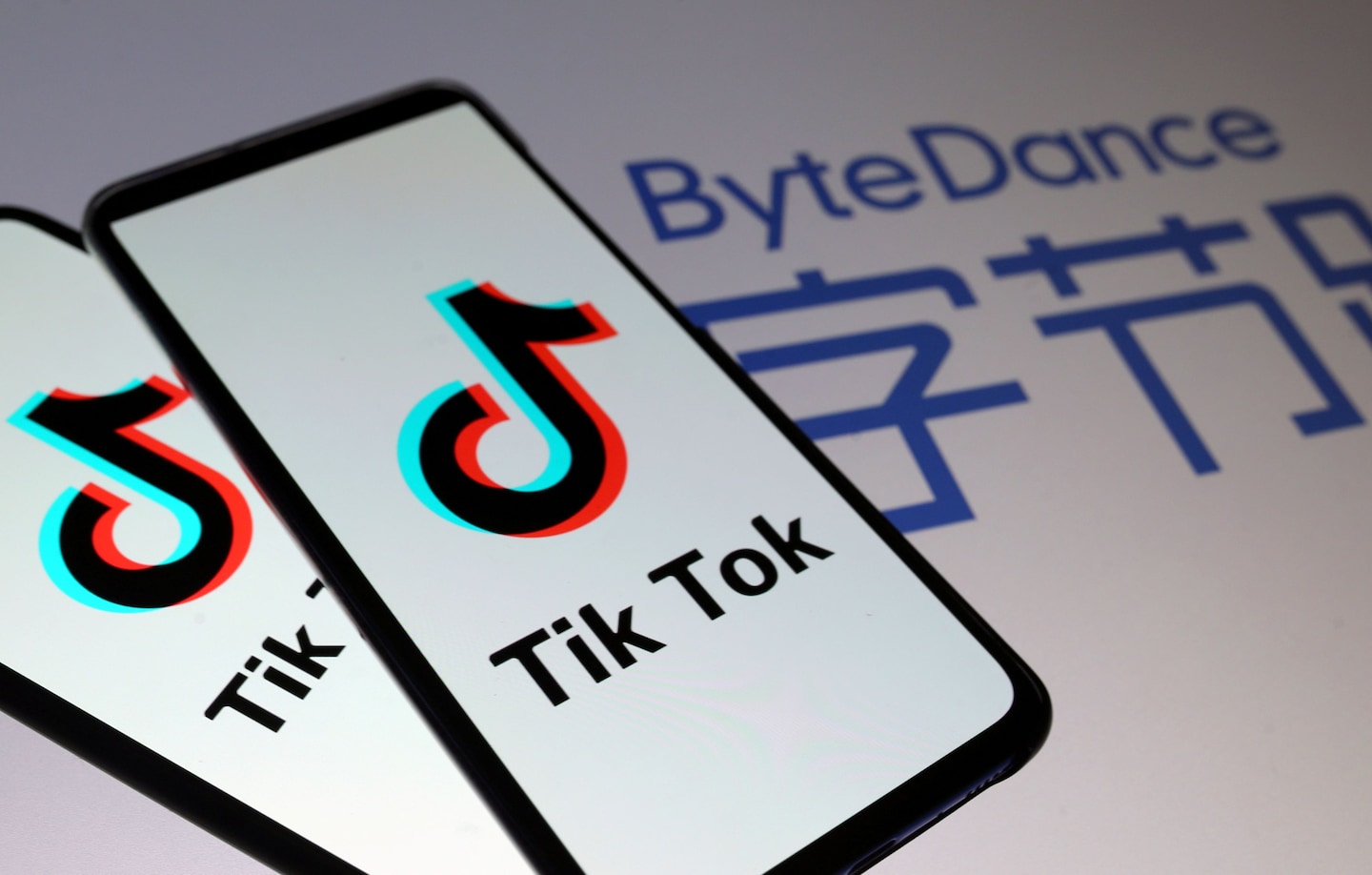Why TikTok was destined to land in Trump’s crosshairs

There is another message, too, which is that China’s Internet industry for the first time has attained the triple threat of engineering know-how, marketing sheen and multicultural sensibility to deliver not just a domestic but an international hit.
TikTok’s parent company, ByteDance, is in talks to sell its U.S. business to Microsoft, after unsuccessful attempts to allay U.S. regulatory concerns about Beijing’s surveillance and censorship.
“CFIUS determined that ByteDance must fully divest TikTok’s U.S. operations,” ByteDance CEO Zhang Yiming wrote to employees in an email Monday, using the acronym for the Committee on Foreign Investment in the U.S. “We disagree with CFIUS’s conclusion.”
Zhang wrote that ByteDance’s executives “understand their decision in the current macro environment.”
It’s a measure of how much the U.S.-China business landscape has changed, that Microsoft may now be TikTok’s best prospect. In 2008, Zhang, the future ByteDance founder, got a job at Microsoft but quit months later, finding work there unstimulating.
“There wasn’t anything really bad,” he said about his time at Microsoft, in a video interview with China’s Caishi Media years later. “It was just boring. I could basically read half the day and work half the day.”
Zhang said in the interview that during his time at Microsoft he read a lot of books including “A Compass to Fulfillment” by Kazuo Inamori, “The 7 Habits of Highly Effective People” by Stephen R. Covey, and Patrick Lencioni’s “The Five Dysfunctions of a Team.”
At the end of 2018, ByteDance became the world’s most valuable start-up, and it’s retained the title since. The company says it has 100 million users in the United States, a reach that has brought the issue of Chinese government censorship to America’s doorstep.
No other Chinese social media platform has gained anywhere near such a following in the West. Weibo and Renren never got far beyond localized imitations of Twitter and Facebook, which were banned in China. WeChat, China’s chat app of choice, was a bona fide innovator, years ahead of Facebook in integrating mobile payments, small group chats, stickers and other features into its messaging platform.
Still, WeChat never felt native outside of China, even putting aside the issue of surveillance by an authoritarian government. Some of its most useful domestic features, like mobile payments and ride-hailing, had limited functionality abroad. WeChat’s walkie-talkie-like function also had limited draw overseas, though it made sense in a country without an alphabet, where 3 percent of the population is illiterate and far more don’t know how to type on a computer.
The international version of WeChat remained slightly lost in translation for years, with the “talk-to-the-hand” emoji, used in China to convey disdain, annotated in English as “wave.”
TikTok, though, provided a seamless experience overseas from the get-go — aided by the universality of short humorous videos, a medium that transcends language and borders.
As with many other Chinese Internet start-ups, ByteDance has had its battles with Chinese censors. ByteDance’s popular news aggregator app Toutiao has been temporarily suspended by authorities at times.
ByteDance’s jokes and memes app, Neihan Duanzi, was shut down in 2018 after Beijing regulators criticized it for vulgar content. Zhang issued an apology and pledged to hire thousands more content reviewers for the company’s other apps.
“The product has gone astray, posting content that goes against socialist core values,” he wrote of Neihan Duanzi in the lengthy public apology.
Dan Wang, a technology analyst at Gavekal Dragonomics, said that the U.S. government has not produced a “smoking gun” that ByteDance has harmed U.S. national security, but it was hard for it or any Chinese tech company to prove that it can be independent from Beijing. U.S. officials allege that ByteDance has to comply with China’s censorship, which TikTok denies, saying its servers for international users are in the United States and Singapore.
“In another era, or with another country, these concerns might have been manageable,” he said. “But U.S.-China relations are at their worst point in decades.”
TikTok is the latest in a line of new communication technologies that began with simpler intentions but were drawn into politics once they reached a critical mass. Mark Zuckerberg started Facebook to meet friends. The founders of Twitter — then, “twittr” — wanted a place for their stream-of-consciousness musings.
Radio was used in the early days by sailors, who before then could only communicate with flags. During the Cold War, pro- and anti-Communist groups found it a useful tool for blasting propaganda across borders.
The last major wave of anti-China sentiment in the United States unfolded in the 1950s with the popularization of television. The entertainment and media industry came under heavy scrutiny in the McCarthy hearings, as the broad reach of TV and film became apparent.
The scrutiny of TikTok has come early in the process, with the medium still largely used by teenagers to share dancing videos. Companies and political groups are still figuring out how to use the platform.
But politics has begun trickling into the mix, both in China and the United States. Muslim Uighurs in China’s oppressive Xinjiang region last year began using the app to share information about detained relatives. Teenagers used the app to falsely inflate projected attendance for Trump’s Tulsa rally.
And not least, the teenagers on TikTok today may not yet be voting age, but they will be soon. Their political views are forming, with each click and swipe.
Wang Yuan in Beijing contributed to this report.






